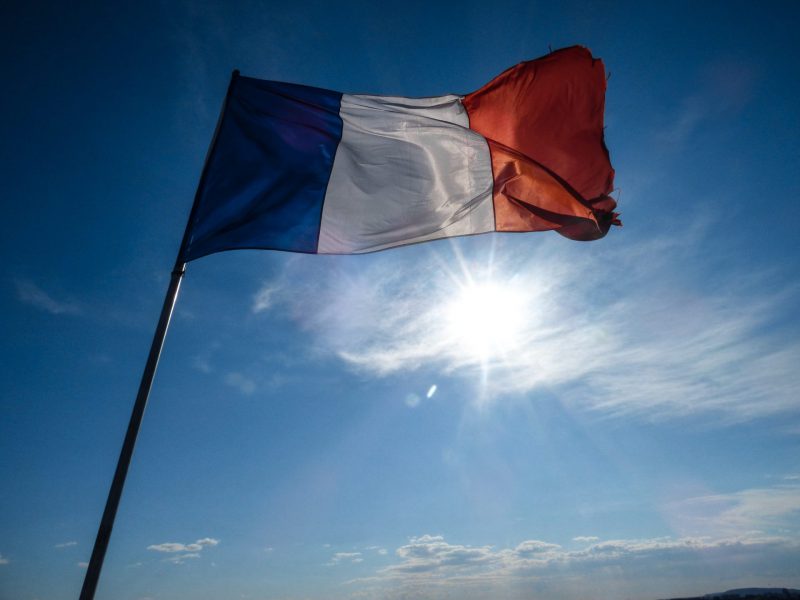For different reasons, Russia has been in the news since 2022. The nation persisted in its hatred towards war-torn Ukraine despite the fact that nearly the entire world denounced its actions. Amidst all of this, the Russian government has been making amends in different arenas.
After the banning of Facebook and Instagram back in March, the country’s Federal Financial Monitoring Service, Rosfinmonitoring decided to categorize Meta, the parent company of prominent social media giants Facebook and Instagram to the list of organizations involved in terrorism and extremism.
Rosfinmonitoring was an entity formulated by President Vladimir Putin back on 1 November 2001. This unit reportedly oversees activities pertaining to government agencies that work with anti-money laundering as well as combating the financing of terrorism.
Rosfinmonitoring has classified Meta as belonging to the terrorism and extremism category. According to this law, banks must seize the assets of any individuals or groups on the list. Furthermore, must also cease providing services to them, according to the law.
The Vesna movement was also part of the list. The Vesna movement is an anti-war organization that has participated in anti-mobilization demonstrations.
Meta v. Russia
As mentioned above, a court in Moscow banned Facebook and Instagram as these platforms were a breeding center for “extremist activities.” Now, with Meta falling under this category the community wondered if WhatsApp fell into the list.
WhatsApp, another social platform under Meta, is not on this list, since according to the Russian court, it is a “means of communication, not a source of information.” Following the Tverskoy Court’s decision, Meta called out the court and its move unreasonable.
While social media plays a vital role in the current world, the negation of these services has robbed Russians of their basic rights. With the involvement of Rosfinmonitoring, the chances of Meta making a comeback in Russia was unlikely.





